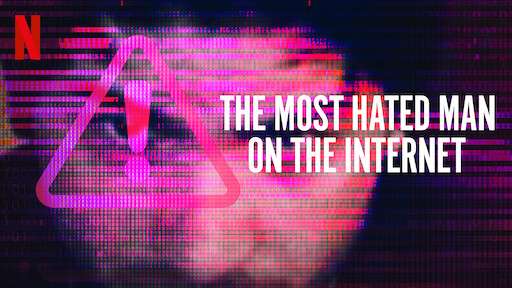
“The Most Hated Man on the Internet” Arizona Revenge Porn Statute
Revenge porn is a form of nonconsensual pornography usually shared on the internet by a partner or former partner. The goal of this is to shame, humiliate or otherwise expose victims. Aside from being morally wrong, it can also lead to criminal charges. It is not federally illegal, but as of 2022, 48 states have individually passed laws against it, including Arizona. One of the most famous examples of revenge porn came from Hunter Moore, whose activities have been popularized in a recent Netflix show.
The Most Hated Man on the Internet
Netflix’s new series, “The Most Hated Man on the Internet” covers the criminal and repugnant actions of Hunter Moore. This person ran a revenge porn website with stolen photos and information from 2010-2012. His site was shut down in 2012. He pleaded guilty to felony charges of identity theft and aiding and abetting in the unauthorized access of a computer. He was sentenced to two years and six months in prison with a $2,000 fine and $145.70 in restitution.
Following his activities, the California legislature passed California Penal Code 647 in 2014, prohibiting revenge porn. His website “Is Anyone Up?” and the controversy around it helped shed light on the issue and led to more states passing laws against nonconsensual pornography.
Arizona Revenge Porn Statute
Arizona’s revenge porn statute A.R.S. 13-1425 was put into law in 2014. The law prohibits intentionally disclosing images of another person who is recognizable from the image if they are in a state of nudity or sexual activity. Additionally, the victim must have a reasonable expectation of privacy and the content must be shared with the intent to, “harm, harass, intimidate, threaten, or coerce the depicted person.”
It is a Class 4 Felony with first time offenders looking at one year to three years and nine months in prison. If the revenge porn is threatened but not actually disclosed, it is a Class 1 Misdemeanor which can result in up to six months in jail.
Exceptions to the Statute
The revenge porn statute has several notable exceptions that can preclude or otherwise impact criminal proceedings.
First, a “reasonable expectation of privacy” is still established even if the victim had personally sent the nude or sexual image to the perpetrator previously. This means that the perpetrator cannot claim the victim wanted the image or video to be posted just because they had sent it to them. The victim maintains the reasonable expectation that the other person will not post the content online without their consent.
Second, criminal liability does not apply to any disclosures that are made with the consent of the subject or images involving, “voluntary exposure in a public or commercial setting.” This exception broadly protects the regular pornography industry, as revenge porn is specifically nonconsensual.
Lastly, criminal liability does not apply to any disclosures made in a lawful context by law enforcement, criminal reporting, or medical treatments. An example of this might be police officers collecting and disseminating the evidence of the revenge porn in their department for the purposes of criminal reporting. This would be considered a lawful disclosure of the explicit content that was otherwise illegally posted.
We’re Here to Help
Litwak Law Group’s criminal defense attorneys pride themselves on fighting aggressively and professionally for the constitutional rights and freedoms of their clients. We have a history of obtaining favorable results for our clients, including with criminal cases of sexual assault, sexual abuse, and other sex crimes.
Should you be charged with a crime in Arizona, contact one of our criminal defense lawyers at Litwak Law Group today for a free consultation.




